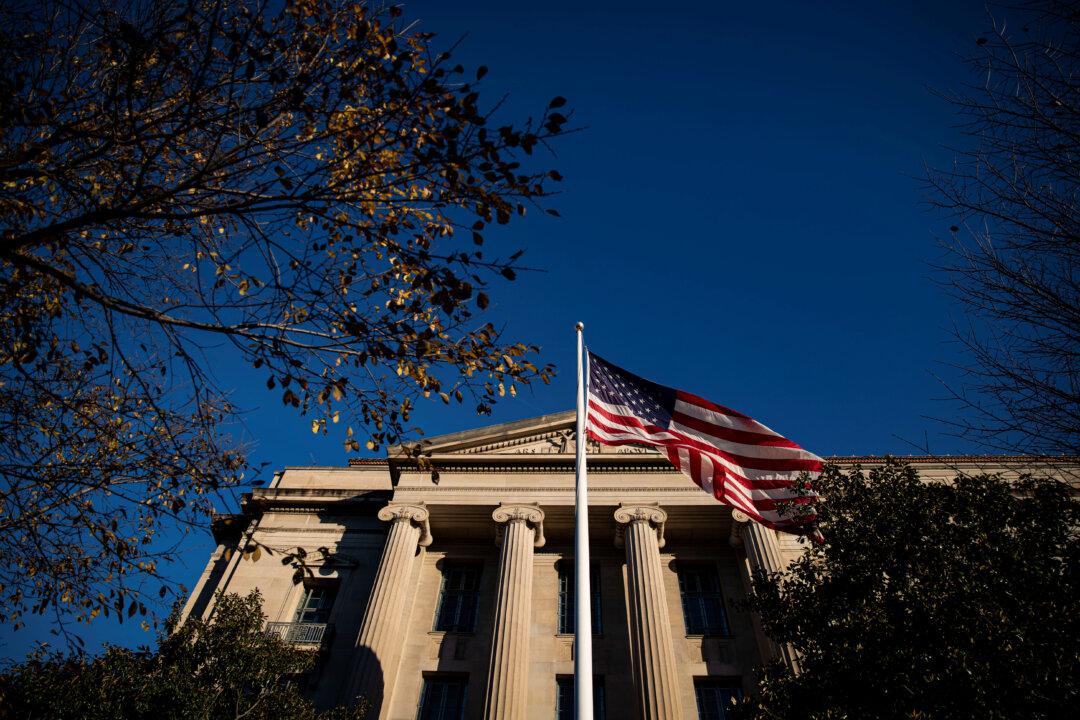The Department of Justice (DOJ) released a portion of a legal memorandum this week that assisted then-Attorney General William Barr in his decision on whether to prosecute then-President Donald Trump for obstruction of justice during the Robert Mueller special counsel investigation.
At issue in this case was whether the DOJ could keep portions of a March 24, 2019, internal memo hidden from the public by using an exemption to the Freedom of Information Act. The federal court ordered that the memo was to be disclosed in full to the public.




